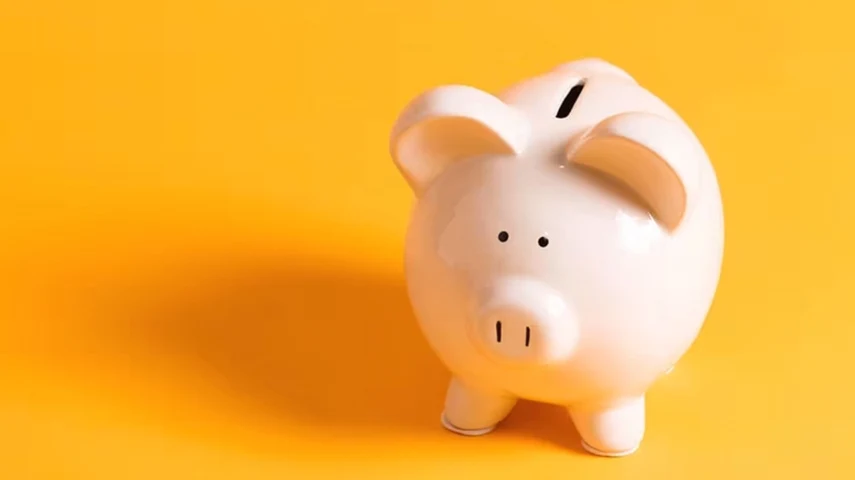Government faces opposition to $3m super tax



The government is facing fresh opposition to its $3 million super tax.
With the bill set to be debated in the House of Representatives this week, it’s emerged that Senate crossbenchers are opposed to the taxing of unrealised gains and the lack of indexation.
While the bill is expected to make it through the lower house, independents David Pocock and Jacqui Lambie are believed to be gearing up for a fight in the Senate.
The Greens, too, are opposed to the legislation as is, but they want to see the $3 million threshold lowered to $2 million.
In a statement on Tuesday, Peter Burgess, the CEO of the SMSF Association, said he is due to fly to Canberra for a scheduled meeting with Tasmanian Senator Lambie.
“The point we will make to Ms Lambie is that when we have met with other members of the crossbench, they have spoken about how this is a most egregious tax and we hope that she will be receptive to our concerns,” Burgess told Super Review sister brand SMSF Adviser.
“It’s only as the bill gets closer to the Senate that we have been able to set up this meeting, and we hope she will be receptive to our concerns. We know that this legislation will have a big impact on farmers and she has many farmers in her electorate. We are hopeful she will see the unintended consequence of the taxing of unrealised gains, something that no other pension system in the world does.”
Burgess also disclosed that independent member for North Sydney, Kylea Tink, is likely to put forward an amendment to index the cap.
“While the government has the numbers in the lower house we don’t expect to see any changes to the bill before it goes to the Senate,” Burgess said.
“But off the back of the Senate inquiry into the $3 million cap, it was noted that the Greens had said they would not support the cap unless it was reduced to $2 million and indexed and that the use of LRBAs also be banned.”
Moreover, Burgess highlighted rumours that some independent MPS would like to see a clawback position included in the bill.
“That would require some substantial amendments and it is only rumours at the moment, but it has been feted by some independents,” he said.
Last year, when the government first announced its plans to raise the concessional tax rate for balances exceeding $3 million from 15 per cent to 30 per cent, the superannuation industry largely commended the perceived push for equitability.
Industry Super Australia (ISA) backed the proposed reforms, stating the changes would help level up the super system for all Australians.
Meanwhile, Dr Martin Fahy, CEO of the Association of Superannuation Funds of Australia (ASFA), voiced cautious optimism in reading the “significant” measures.
Also at the time, Aware Super CEO Deanne Stewart stated the fund stood against “tinkering” with super but acknowledged the need for fairness in the system.
Recommended for you
What is CSC and how does its investment strategy stand out?Commonwealth Superannuation Corporation (CSC) is a reti...
What were the key factors that influenced your fund's performance in 2024, and how did market conditions impact your inv...
APRA has announced eight proposals aimed at pushing entities, including super funds, to move beyond treating compliance with certain requirements as a mere box-ticking exercise.
The firm is offering Australians lower fees and improved transparency with its exclusively exchange-traded fund (ETF) portfolios.












